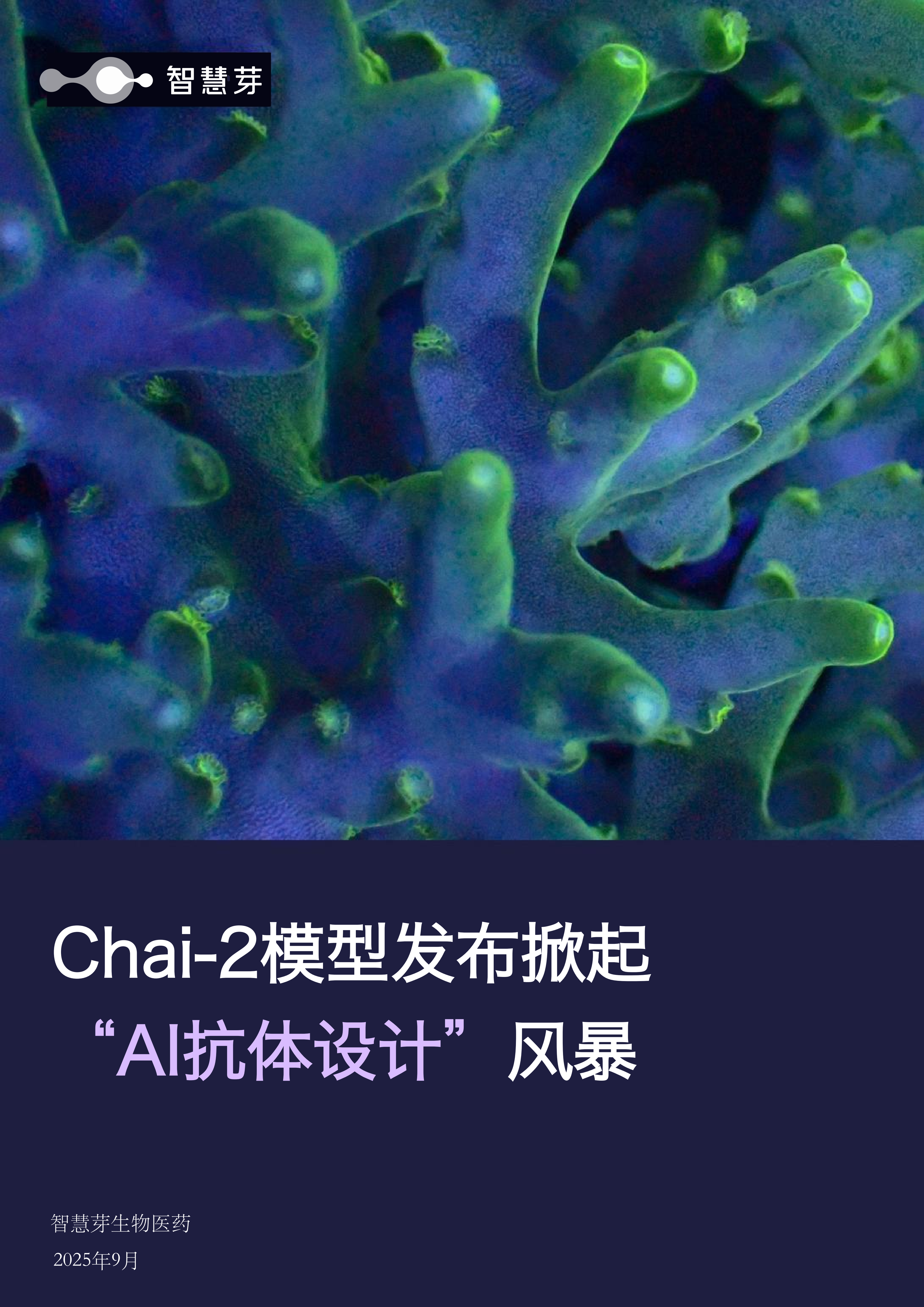预约演示
GSK taps into Ochre's data vault to decode liver disease drivers
2024-06-12
引进/卖出临床3期
GSK is betting on a new approach to unravel the biology driving liver diseases through a multi-year data licensing agreement with Ochre Bio. The partnership grants GSK access to Ochre's datasets and technology to get a better understanding of liver disease mechanisms, while not compromising on biological complexity.
The agreement comes less than two months after Ochre inked a deal with Boehringer Ingelheim potentially worth up to $1 billion to develop regenerative treatments for chronic liver diseases, including late-stage metabolic dysfunction-associated steatohepatitis (MASH) cirrhosis.
Foundational dataset
At the core of the multi-year partnership with GSK, worth up to $37.5 million, is the co-creation of a foundational liver biology dataset leveraging Ochre's computational biology, cellular models and perfused human organ platforms. GSK also gains non-exclusive access to Ochre's library of historical liver data.
The release announcing the deal Wednesday did not share any specific disease targets. Currently, GSK's liver-related clinical assets cover primary biliary cholangitis, MASH and hepatitis B, the latter accounting for multiple programmes in its pipeline, including the Phase III candidate bepirovirsen.
Liver diseases have proved challenging for many drug developers, but Ochre says its platform will help cut down on the number of clinical failures through a deeper understanding of the human liver. As a scientific community, "we really haven't done a lot of work to characterise these [disease] processes in the same way that have in, say, oncology, or even neurodegenerative disease," said Jack O'Meara, the UK biotech's co-founder and CEO, nor has that disease data been applied to “better translational models" beyond mice.
In an interview with FirstWord, O'Meara said of the new GSK deal that "we're going to co-create [a new dataset] using perturbation experiments, where we essentially use RNA to knock out specific genes and then study changes to phenotype as a result of those genes… So, really trying to understand the role of individual genes in the disease process and better characterise liver disease."
Beyond the gene perturbation studies, Ochre will tap its organ perfusion platform to generate single-cell sequencing data to study how the liver performs in a device outside the body. "That data will also go into training more models for discovery purposes," O'Meara said.
Causality earlier in discovery
One of the biotech's first major projects was a partnership with the University of Oxford where Ochre sourced hundreds of biopsies of donor livers from a broad swathe of liver disease patients and used spatial sequencing technology to study how disease progressed in each individual sample. "Since then, we've sort of advanced our investment in this deep phenotyping approach and moved more and more into these perturbation atlases," O'Meara said, adding "the idea is to try and bring causality…earlier in the drug discovery process."
Ochre hasn't disclosed any specific programmes of its own yet. Over the last couple of years, the company has been busy building out its basic biology platforms and the datasets to inform target selection. "We're going to have more to say on that soon," O'Meara said.
更多内容,请访问原始网站
文中所述内容并不反映新药情报库及其所属公司任何意见及观点,如有版权侵扰或错误之处,请及时联系我们,我们会在24小时内配合处理。
靶点
-Eureka LS:
全新生物医药AI Agent 覆盖科研全链路,让突破性发现快人一步
立即开始免费试用!
智慧芽新药情报库是智慧芽专为生命科学人士构建的基于AI的创新药情报平台,助您全方位提升您的研发与决策效率。
立即开始数据试用!
智慧芽新药库数据也通过智慧芽数据服务平台,以API或者数据包形式对外开放,助您更加充分利用智慧芽新药情报信息。





